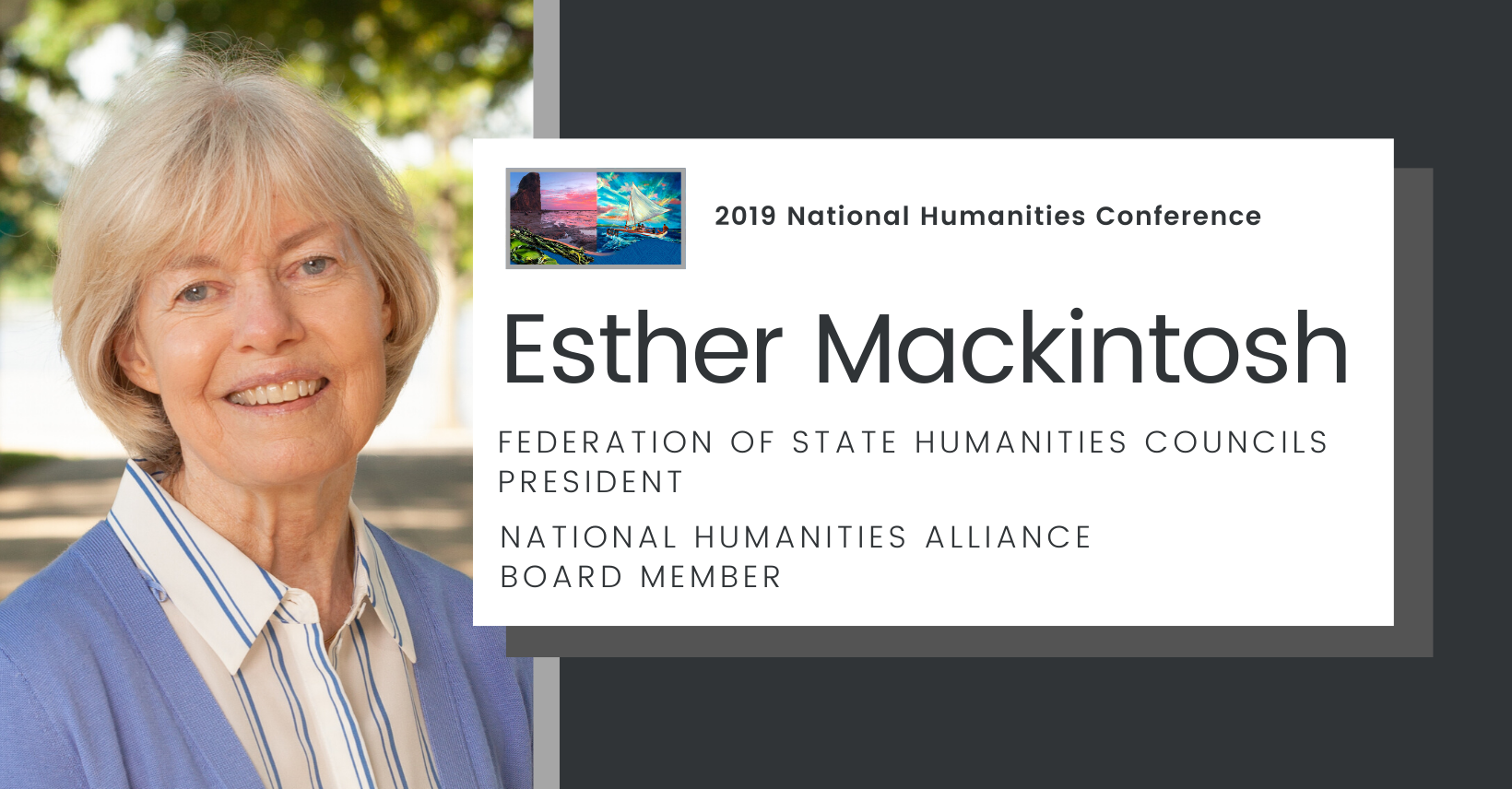I attended my first Federation conference in September 1986, five days after I joined the Federation staff. The organization had just moved to Washington from Minneapolis that May, with a new director, Jamil Zainaldin and, within the next few months, an entirely new staff. I contributed little to that conference, which was pulled together over a six-month period and served as an occasion to introduce the councils to the “new” Washington-based Federation and also the recently confirmed NEH chair Lynn Cheney.
It has been an education and a pleasure to watch the conference grow and evolve since those early days. Although the formats have evolved and the issues have changed over the years, the core mission of the conference has remained constant: to provide an opportunity for humanities professionals and volunteers to gather together to exchange ideas that will strengthen their programs and practices and to constantly reaffirm the vital role the humanities play in our democratic society.
A glimpse of conference themes over the years offers a telling look at both the evolution of this field of public humanities and the preoccupations of the times. The 1979 conference theme, “Public Pedagogy in the Humanities,” suggests a group of organizations still coming to grips with what they are all about, while the theme of the 10th anniversary in Chicago in 1987, “Tradition and Change,” announces an organization beginning to look at its history and shape a future to build on that. Although conference planning committees begin their work a year and a half before the conference takes place, some themes are surprisingly prescient, such as “Taking Stock: The New Realities and the Public Humanities,” the theme of the 1994 conference in San Antonio, throughout which attendees were getting news of a campaign on the part of the new Republican majority in Congress to eliminate funding for the cultural agencies. That “taking stock” was reflected in the theme of the following year, “Federal-Private Partnerships: Strategies for the Future.”
By the turn of the century, the community had clearly realized we needed to be more assertive in our defense of the humanities: Themes for 1999 and 2000 were “Proclaiming the Humanities” and “H2K: Claiming our Ground” (does anyone really remember the consternation about the technological effects of moving into a new millennium?). And sometimes events overtook us entirely. How were we to know that the 2001 conference, with the movie-based theme, “2001: A Humanities Odyssey,” would find us in Indianapolis trying to make sense of a major national tragedy that would change us forever?
The move in 2016 to making this a joint Federation/National Humanities Alliance conference marked the beginning of a new and, I believe, momentous direction for the conference by both recognizing and reinforcing the interconnections among all the members of the humanities community. It is now, as the first joint conference call for proposals stated, a conference that “brings the humanities community together as whole to consider how, by leveraging our strengths, we can achieve broader public impact and showcase the fundamental role the humanities play in addressing both local and global challenges.”


